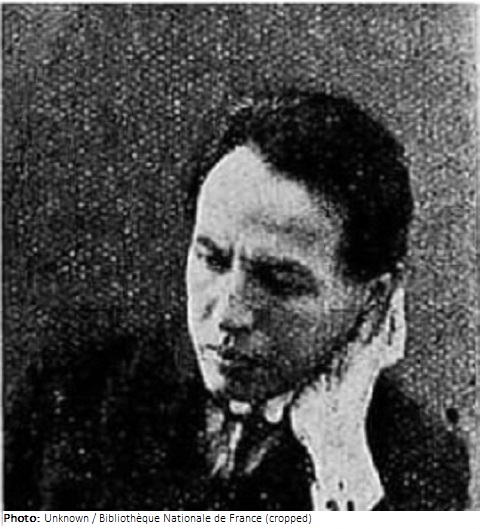
| Roles | Referee |
|---|---|
| Sex | Male |
| Full name | Eugène Cesare•Grassi |
| Used name | Eugène•Grassi |
| Other names | Eugène Cinda Grassi |
| Born | 5 July 1881 in Krung Thep (Bangkok), Krung Thep Maha Nakhon (THA) |
| Died | 8 June 1941 (aged 59 years 11 months 3 days) in Paris XVe, Paris (FRA) |
| NOC |  France France |
Eugène Grassi was born in Bangkok to a French father and probably a native mother. Later, he changed his second given name César to Cinda, the Siamese word for imagination. Considering a medical career, he went to France in 1897 pursuing studies in natural sciences. In 1903, however, he decided to study music at Vincent D’Indy’s Schola Cantorum and the Conservatoire de Musique. From 1910 to 1913, he revisited what was then Siam to gather material on local traditional music. His works reflect these studies as well as the influence of Claude Debussy.
In 1915, Grassi became a teacher of Siamese and Cambodian languages at the School of Oriental Languages in Paris. In parallel to his teaching, he worked as a composer and director of his own orchestra giving regular concerts throughout the 1920s. Later his popularity dwindled. During World War II, he tried to stage his opera Amour et Magie, but fell ill before his hopes could materialize. Just days later, he died in his humble flat in penury.
Among Grassi’s compositions, all with an oriental touch, were Le Réveil de Bouddha (The Awakening of Buddha), a symphonic poem, Poème de l’univers (Poem of the Universe) for orchestra, Les Sanctuaires (The Sanctuaries), and songs in the impressionist manner.
| Games | Sport (Discipline) / Event | NOC / Team | Phase | Unit | Role | As | |
|---|---|---|---|---|---|---|---|
| 1924 Summer Olympics | Art Competitions |  FRA FRA |
Eugène Grassi | ||||
| Music, Open (Olympic) | Final Standings | Judge |